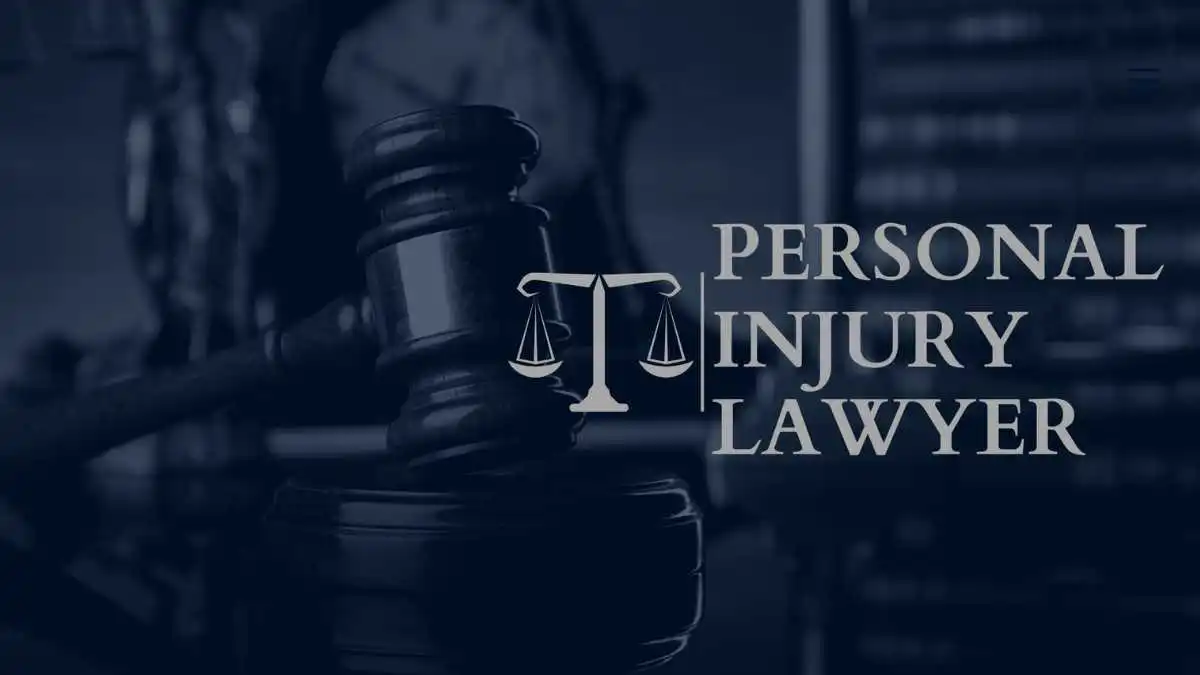LAW
The Biggest Mistakes That Can Ruin Your Personal Injury Case

After being injured in an accident, you do not want your case wrecked by blunders you could’ve prevented. Personal injury cases are stressful enough without losing your chance of obtaining reasonable compensation. This article can assist you in avoiding some of the most common mistakes individuals make so you are able to give your case the greatest chance of success.
1. Settling Too Quickly
The insurance company might offer you a quick settlement after an accident. It might be a simple way to get things done quickly, but settling too quickly is an enormous mistake. Insurance companies frequently offer less than what your case is worth. If you accept a quick settlement, you might end up with far less than you need to cover medical costs, lost wages, and other expenses. Talk to experienced personal injury lawyers before accepting any offers. They can help you understand your case and ensure you aren’t settling for less than you deserve.
2. Not Seeking Medical Help Immediately
Not visiting a physician immediately is perhaps the biggest mistake you could make following an injury. Even if you believe your injury is minor or that the pain will go away, see a doctor. If you wait too long, the insurance company might claim your injuries aren’t severe or were not caused by the accident. Getting medical treatment immediately documents that your injuries were caused by the accident and builds your case. Follow your doctor’s recommendations and also attend follow-up visits.
3. Not Keeping Proper Records
Another huge mistake is not keeping detailed records of your expenses and injuries. Keep track of all the medical expenses, bills, and paperwork relating to your injury. This includes prescriptions, doctor visits, physical therapy, and even time off work. Without adequate records, you might have difficulty proving the scope of your injury and the impact on your daily life. Document everything and keep a folder of pertinent information.
4. Posting on Social Media
Individuals nowadays can share thoughts & experiences through social media. However, you should never post anything about your injury or the case online after an accident. Insurance companies and opposing lawyers often search social media for posts that can harm your case.
Even if you only share a photo or leave a comment, it might be used against you later. Watch what you post online and make your accounts private during your case.
5. Not Using a Lawyer
Another mistake people make is attempting to handle their personal injury case without a lawyer. Personal injury law is complex; you could miss key steps or make costly mistakes without professional assistance. Seasoned personal injury lawyers know how to handle insurance companies, gather evidence, and negotiate a fair settlement.
A lawyer by your side can make all the difference in the outcome of your case.
6. Admitting Fault
After an accident, you probably want to explain what happened. However, the biggest mistake you can make is admitting fault for the accident. Even if you think you played a small role in it, you should never say anything that might be used against you later.
Accidents are often complex and involve multiple factors. Instead of making statements that might harm your case, let the authorities determine fault.
7. Ignoring Time Limits
Filing a personal injury case has a time limit called the statute of limitations. If you don’t file on time, you could lose your ability to pursue compensation. Time limits depend on where you live and the type of injury you have. Don’t delay starting your case, speak to a lawyer as soon as you can to meet deadlines.
8. Defying Your Doctor’s Orders
Follow your doctor’s instructions regarding your treatment or rehabilitation if given. Not doing so could hinder your recovery and weaken your case. If you stop going to physical therapy or disregard other doctor’s advice, the insurance company might claim your injuries aren’t severe enough to justify compensation. You must demonstrate that you are recovering for your health and case.
Final Thoughts
In a personal injury situation, the slightest error can be decisive. By avoiding these common errors, you give yourself the best chance to recover your compensation. Seek medical help, keep records, avoid social media, and don’t rush into settlements. And most importantly, consult with personal injury lawyers who can guide you through the process and protect your rights.
-

 BIOGRAPHY8 months ago
BIOGRAPHY8 months agoBehind the Scenes with Sandra Orlow: An Exclusive Interview
-

 HOME1 year ago
HOME1 year agoDiscovering Insights: A Deep Dive into the //vital-mag.net blog
-

 HOME1 year ago
HOME1 year agoSifangds in Action: Real-Life Applications and Success Stories
-

 BIOGRAPHY1 year ago
BIOGRAPHY1 year agoThe Woman Behind the Comedian: Meet Andrew Santino Wife




























